

Things to see and
explore
|
Information about the conference city Turku can be found at Turku Touring e-mail: tourist.info@turku.fi |
|
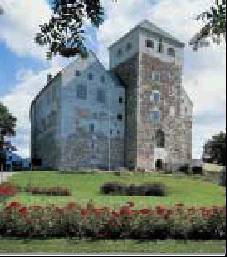 TURKU CASTLE The history of Turku Castle goes back to the 1280’s. In the course of the centuries, a fortified base built for the Royal Governor of Finland and his troops graduall expanded into a massive grey stone castle. Today, the castle is one of the most popular tourist attractions in Finland. The castle is also a venue for meetings, banquets, temporary exhibitions, concerts, and children’s events. |
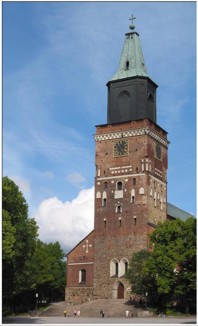 TURKU CATHEDRAL Turku Cathedral was consecrated as a Cathedral Church in 1300. It is the mother church of the Lutheran Church of Finland, and a national shrine. It is one of the most highly valued monuments in Finnish architectural history. |
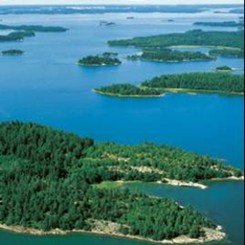 THE TURKU ARCHIPELAGO The Turku
Archipelago is an internationally unique environment, over
20,000 islands, and islets rise out of the sea. The beauty of the
archipelago was created by the continental glacier, which thousands of
years ago slid over the bedrock giving it the permanent, beautiful
shape. The archipelago comprises thousands of kilometres of shoreline.
|
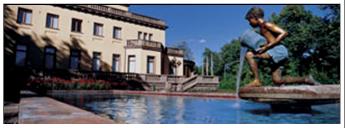 ABOA VETUS & ARS NOVA Aboa Vetus
displays 1,400 square metres of an unearthed authentic,
medieval town block. Ars Nova exhibits 1,200 square metres of
contemporary art in an old ‘palace’. In addition to
its permanent
collection, the museum displays both domestic and foreign art.
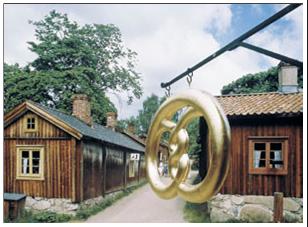 LUOSTARINMÄKI HANDICRAFTS MUSEUM In 1827, a
fire destroyed the major part of the town of that time, but
the entire Cloister Hill settlement survived. This unique example of a
now-lost town environment has since 1940 housed the Cloister Hill
Handicrafts Museum comprising some thirty workshops, where the practice
of traditional working methods can be viewed. The unique nature of the
Museum has brought it international recognition e.g. the
”Golden Apple”
award.
|